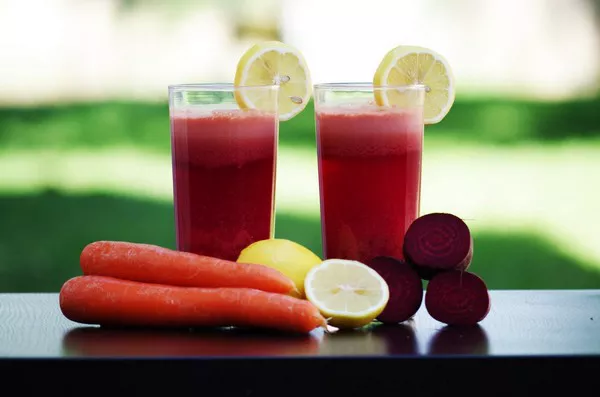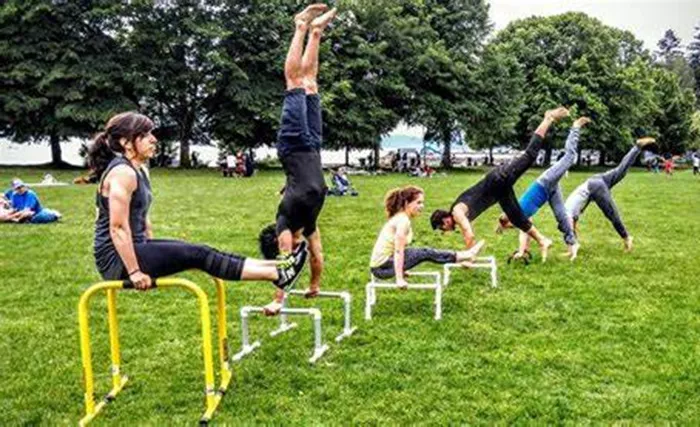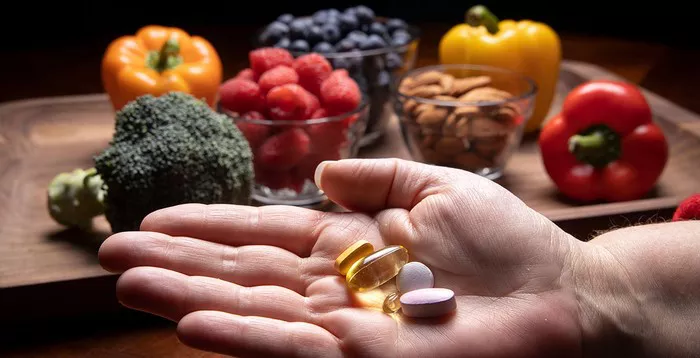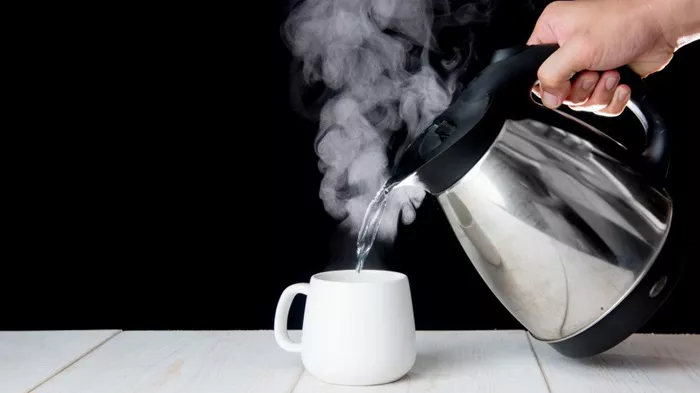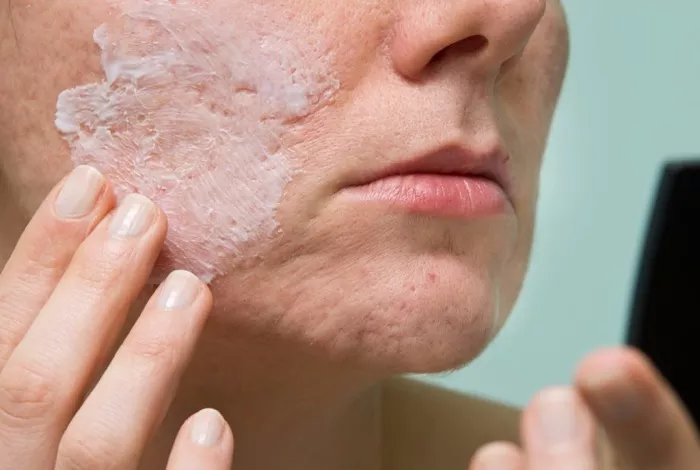Giving birth is a transformative experience that brings both joy and challenges to new mothers. While many women experience the expected baby blues after childbirth, some may face more serious mental health issues. Postpartum mental illness can manifest in various forms, affecting a mother’s well-being and her ability to care for her newborn. In this comprehensive exploration, we delve into the multifaceted factors contributing to mental illness after giving birth, shedding light on the complexities that surround this critical issue.
I. The Baby Blues: Normalizing Emotional Fluctuations
The baby blues, a common and transient emotional state, typically emerge within the first two weeks postpartum. This phenomenon is characterized by mild mood swings, heightened emotional sensitivity, and occasional tearfulness, reflecting the profound hormonal and psychological adjustments occurring after childbirth.
Hormonal fluctuations, specifically the rapid decline in estrogen and progesterone levels, contribute to the onset of the baby blues. Sleep deprivation, physical recovery from childbirth, and the demands of caring for a newborn further amplify these emotional fluctuations, creating a temporary but challenging emotional landscape for new mothers.
II. Postpartum Depression: Navigating the Depths of Despair
Postpartum depression (PPD) is a more severe and prolonged form of emotional distress that affects approximately 10-15% of new mothers. Unlike the transient nature of the baby blues, PPD persists for weeks or months, significantly impacting a mother’s ability to function and care for her child.
Symptoms of postpartum depression encompass persistent feelings of sadness, hopelessness, and a loss of interest in daily activities. Changes in appetite, sleep disturbances, and difficulty bonding with the baby are also common indicators. The multifactorial etiology involves hormonal fluctuations, psychosocial stressors, and pre-existing mental health conditions.
Risk factors for PPD include a history of depression, inadequate social support, and stressful life events. The interplay of genetic predispositions and hormonal shifts during the postpartum period further contributes to vulnerability. Early identification through screening and comprehensive support are essential for effective management and the prevention of long-term consequences for both mother and child.
III. Hormonal Influences on Postpartum Mental Health
Hormonal dynamics during pregnancy and childbirth significantly impact a woman’s mental health. The surge in estrogen and progesterone during pregnancy, followed by a rapid decline postpartum, plays a crucial role in mood regulation.
Estrogen, known for its neuroprotective effects, experiences a sharp drop after childbirth, contributing to emotional vulnerability. Conversely, oxytocin, often referred to as the “bonding hormone,” rises during breastfeeding, influencing maternal-infant attachment.
IV. Psychosocial Factors
Psychosocial factors play a pivotal role in the mental health of postpartum women, influencing both vulnerability and resilience. The quality of social support, encompassing emotional, practical, and informational assistance, significantly impacts a mother’s well-being during the postpartum period.
Positive partner dynamics and strong social networks act as protective factors, mitigating the impact of stressors and promoting mental health. Conversely, inadequate social support, strained relationships, and isolation elevate the risk of postpartum mental health challenges.
External stressors such as financial difficulties, lack of practical support, and life changes further contribute to the complexity of psychosocial influences.
V. Genetic Predispositions
Genetic factors significantly contribute to an individual’s susceptibility to postpartum mental health disorders. Research indicates a hereditary component in conditions like postpartum depression, with a higher risk observed among individuals with a family history of mood disorders.
The interplay of genetic predispositions and environmental triggers can elevate the likelihood of postpartum mental health challenges. Identifying familial patterns and understanding the genetic underpinnings of these disorders are crucial for early recognition, personalized interventions, and targeted preventive measures to support at-risk individuals during the postpartum period.
While genetic factors play a role, the complex nature of postpartum mental health suggests an interaction with various other elements, emphasizing the importance of a holistic approach to assessment and intervention.
VI. Traumatic Birth Experiences
The birthing experience itself holds profound implications for a woman’s mental health, with traumatic birth experiences potentially impacting postpartum well-being. Emergency interventions, complications, and a perceived loss of control during childbirth can contribute to significant emotional distress.
Postpartum mental health challenges arising from traumatic births include symptoms of anxiety, depression, and even post-traumatic stress disorder (PTSD). Addressing the aftermath of traumatic births involves acknowledging the emotional impact, providing psychological support, and facilitating debriefing sessions to help mothers process their experiences.
VII. Postpartum Psychosis
Postpartum psychosis represents a rare but severe mental health condition occurring in approximately 1 to 2 out of every 1,000 childbirths. This condition is characterized by a rapid onset of severe psychiatric symptoms within the first few weeks postpartum, requiring urgent medical attention.
Symptoms of postpartum psychosis include hallucinations, delusions, extreme mood swings, and disorganized thinking. Mothers experiencing postpartum psychosis are at an increased risk of self-harm or harm to the infant, emphasizing the critical need for immediate intervention.
The exact cause of postpartum psychosis is not fully understood, but hormonal fluctuations, genetic predispositions, and sleep deprivation may contribute. Timely psychiatric evaluation, hospitalization, and a multidisciplinary approach involving psychiatrists, obstetricians, and mental health professionals are crucial for effective management and ensuring the safety of both the mother and the infant.
VIII. Prevention and Intervention Strategies: A Holistic Approach
Prevention Strategies:
Early Screening: Early identification of risk factors and symptoms through routine screening during prenatal and postpartum care can facilitate timely intervention.
Psychoeducation Programs: Providing comprehensive information about postpartum mental health, including potential challenges and coping mechanisms, empowers expectant and new mothers to navigate the postpartum period more effectively.
Social Support Networks: Encouraging the development of robust social support networks, including family, friends, and community resources, can help mitigate the impact of stressors and foster a sense of connectedness.
Intervention Strategies:
Therapeutic Interventions: Cognitive-behavioral therapy (CBT), interpersonal therapy (IPT), and dialectical behavior therapy (DBT) are evidence-based therapeutic approaches that can be tailored to address the unique challenges of postpartum mental illness.
Medication Management: For moderate to severe cases, medications such as antidepressants or mood stabilizers may be prescribed under the guidance of a healthcare professional. Balancing the potential risks and benefits is crucial, considering the mother’s well-being and the infant’s safety if breastfeeding.
Lifestyle Modifications: Encouraging healthy lifestyle habits, including regular exercise, adequate sleep, and a balanced diet, can positively impact mood and overall well-being.
IX. Conclusion: Nurturing Maternal Mental Health
In conclusion, understanding the diverse factors contributing to mental illness after giving birth is crucial for developing comprehensive strategies to support new mothers. From hormonal fluctuations and genetic predispositions to psychosocial influences and cultural perspectives, the complex web of factors requires a nuanced and empathetic approach. By fostering awareness, promoting research, and implementing effective prevention and intervention measures, we can collectively work towards nurturing the mental health of mothers during this transformative period.
[inline_related_posts title=”You Might Be Interested In” title_align=”left” style=”list” number=”6″ align=”none” ids=”4613,4999,4950″ by=”categories” orderby=”rand” order=”DESC” hide_thumb=”no” thumb_right=”no” views=”no” date=”yes” grid_columns=”2″ post_type=”” tax=””]











